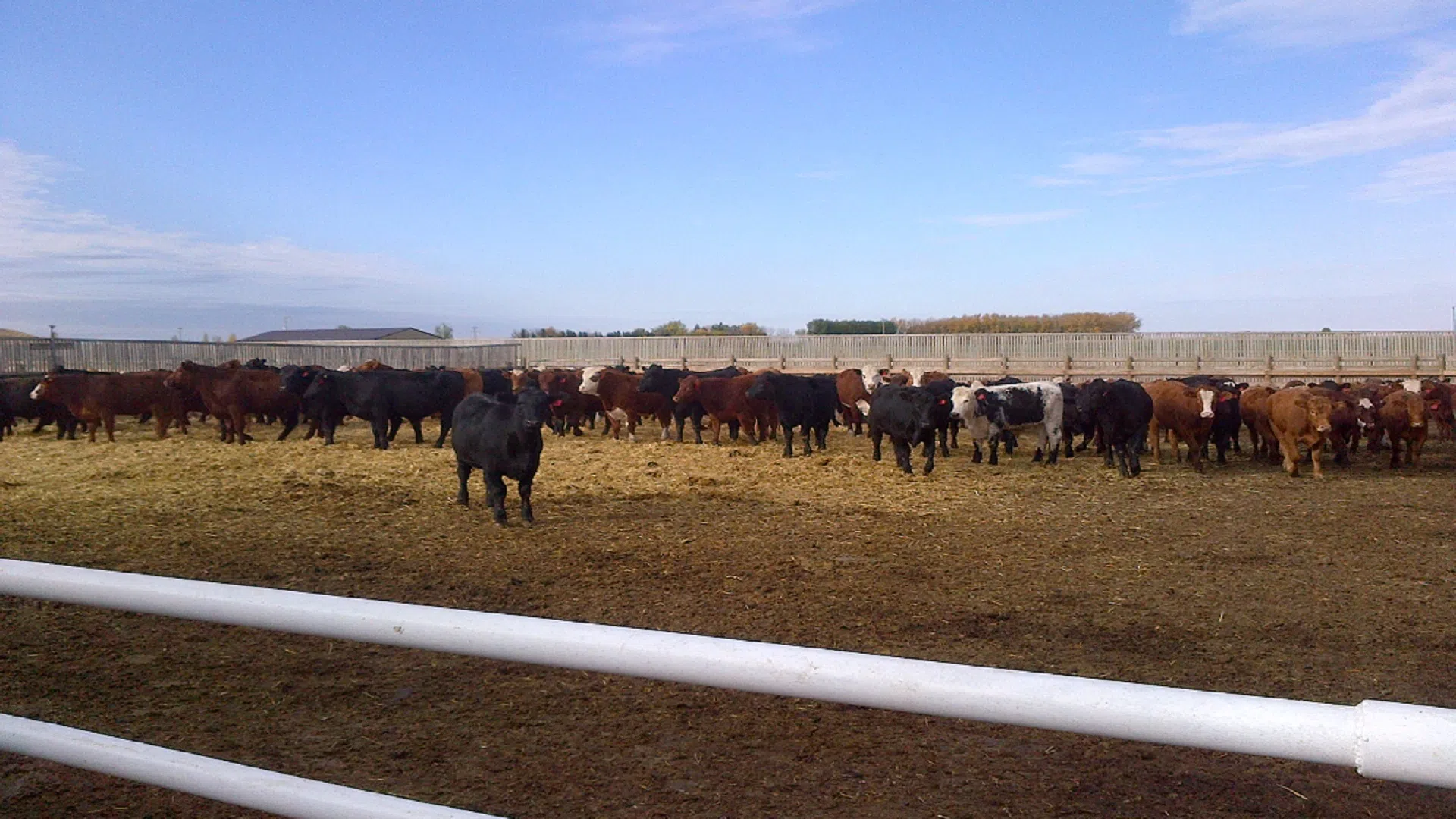
Concerns grow over new humane transportation regulations
CALGARY — Regulations governing the humane transportation of animals were updated at the end of February, 2018 and come into effect February 20, 2020.
Alberta Beef Producers (ABP) and the Canadians Cattlemen’s Association (CCA) provided extensive comments on the regulatory proposal. However, Rich Smith, Executive Director of Alberta Beef Producers, says activist positions have resulted in unsatisfactory changes
“We were very dissapointed that the Health of Animals Transport Regulations, that come into effect in 2020, did not follow the recommendations that the Canadian Cattlemens Association and Alberta Beef Producers had made. We’re quite fearful and our concern is that these reguatiosn will actually increaSe stress and risk of injury for animals, as they’ve reduced the maximum travel times and increased the need for rest stops and we’re worried that in the unloading of the animals, there will actually be an increase stress and injuries.”
Although there are items of concern in the new regulations, Smith feels any changes would be difficult to make.


